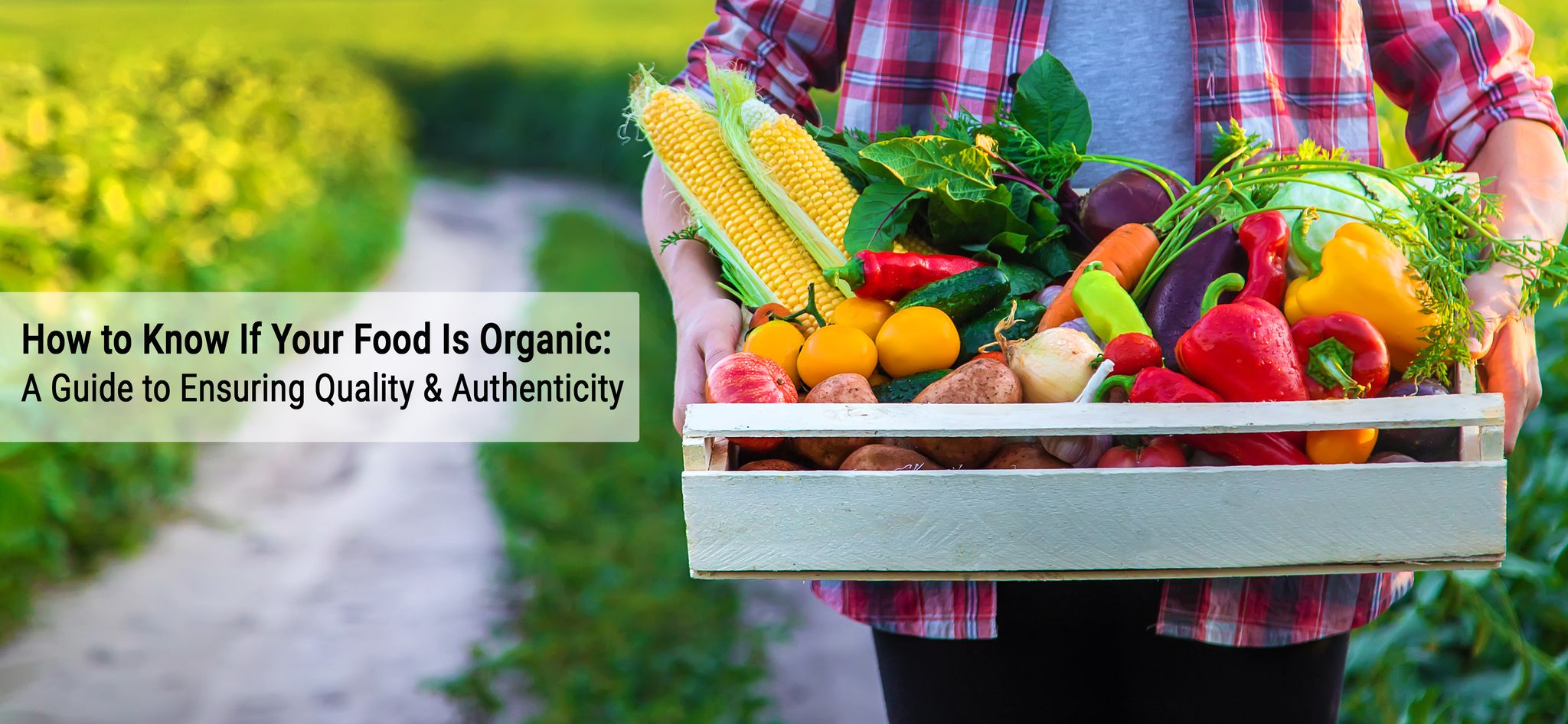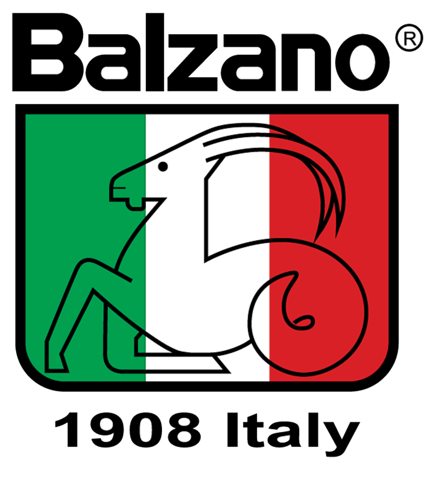HOW TO KNOW IF YOUR FOOD IS ORGANIC: ENSURE AUTHENTICITY

In recent years, there has been a growing interest and concern among consumers about the quality and safety of the food they consume. Many people are opting for organic food choices as they believe it offers health benefits and promotes sustainable agriculture. However, with the increasing demand for organic products, it's essential to know how to identify truly organic food from the misleading claims on labels. In this blog post, we will guide you through some key factors to consider when determining whether your food is truly organic or not.
Look for the USDA Organic Seal:
Strict guidelines for organic certification have been developed by the United States Department of Agriculture (USDA).. Look for the USDA Organic seal on the packaging, which indicates that the product has met these rigorous criteria. The seal ensures that the food is produced without synthetic pesticides, genetically modified organisms (GMOs), antibiotics, growth hormones, or irradiation.
Read the Ingredient List:
Examining the ingredient list is crucial when determining if a product is organic. Look for items that are typically organic, such as fruits, vegetables, grains, and meats. Non-organic foods are more likely to contain ingredients like artificial additives, preservatives, and synthetic pesticides. Organic products will often have simpler ingredient lists without these additives.
Understand Labeling Terminology:
Be aware of labeling terminology commonly used in organic products. Phrases like "100% Organic" indicate that all ingredients are organic. "Organic" means at least 95% of the ingredients meet organic standards, while "Made with Organic Ingredients" means that at least 70% of the ingredients are organic. Products with less than 70% organic ingredients cannot use the term "organic" on their principal display panel but may mention specific organic ingredients on the information panel.
Buy from Trusted Sources:
To ensure the authenticity of organic food, it's important to purchase from reliable sources. Local farmers' markets, organic food stores, and reputable grocery chains with strict organic standards are great places to start. These establishments often have relationships with certified organic farms and can provide information about the sourcing and production methods of the products they carry.
Consider Seasonality and Local Sourcing:
Choosing organic produce that is in season and locally sourced increases the likelihood of it being truly organic. Local farmers who sell their products directly to consumers often have a higher level of transparency, allowing you to inquire about their farming practices and certifications.
Verify Claims with Online Databases:
If you want to delve deeper into the authenticity of a specific organic certification, you can use online databases to cross-reference the product or farm. Some countries have databases where you can search for certified organic farms and products. These databases provide additional information about the organic certification process and enable you to validate the claims made by the manufacturer or producer.
Grow Your Own Organic Food:
One of the surest ways to know if your food is organic is to grow it yourself. Cultivating your own organic garden allows you to have complete control over the entire process, from seed selection to harvest. By avoiding synthetic pesticides and using organic growing methods, you can be confident about the quality and authenticity of the food you consume.
Support Small-Scale Organic Farmers:
Small-scale organic farmers often prioritize sustainable and organic practices due to their commitment to environmental stewardship. When you have the opportunity, support local farmers who practice organic farming methods. They are often more accessible and transparent, allowing you to ask questions and gain insight into their cultivation practices.
Understand the Price Difference:
Organic products are typically priced higher than conventional counterparts due to the cost of organic farming practices, certifications, and smaller-scale production. While price alone is not a foolproof indicator of organic quality, it can provide some insight. Suspiciously low prices may be a red flag, as truly organic products require more effort and resources to produce.
Knowing how to identify organic food is vital for those who wish to make healthier, environmentally conscious choices. By looking for the USDA Organic seal, reading ingredient lists, understanding labeling terminology, consulting reputable sources, and considering third-party certifications, you can ensure the authenticity of the organic products you purchase. Embracing organic food not only supports your well-being but also promotes sustainable farming practices that benefit the planet as a whole.
Leave a Comment
Popular Posts
Est. in 1908 in Italy, Balzano has evolved as a quality brand over last 110+ years. With Italian craftsmanship and Italian design team we wish to fill our customers life with healthy living, style and convenience globally.
MATRIX TRADE CONNECT LLP
Paradise cinema, 1ST Floor, Plot 305, Delta Apt, LJ Road,
Mahim West, Mumbai,
Maharashtra 400016
IN





0 Comment